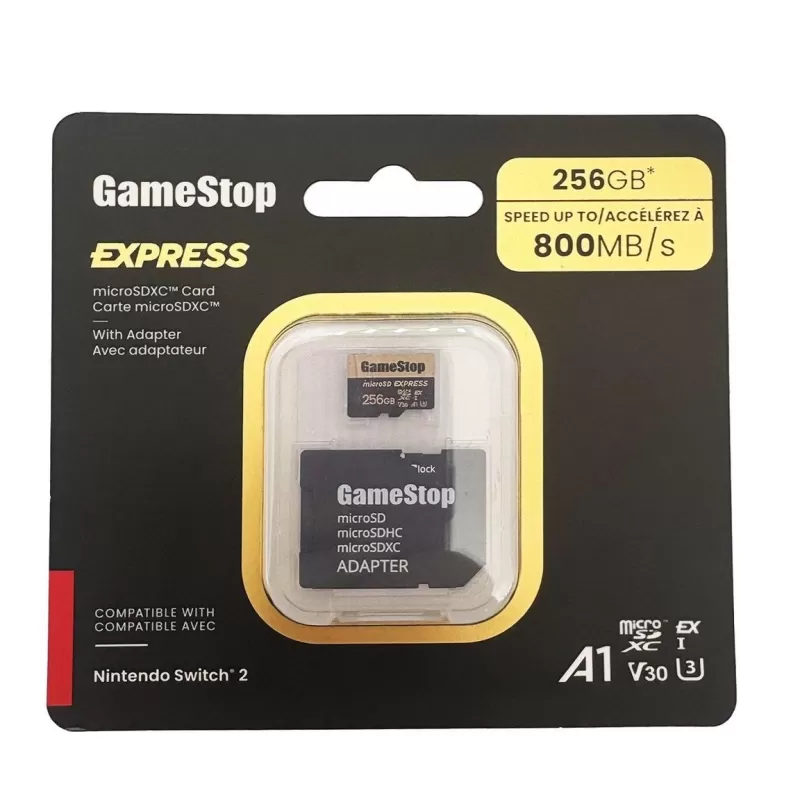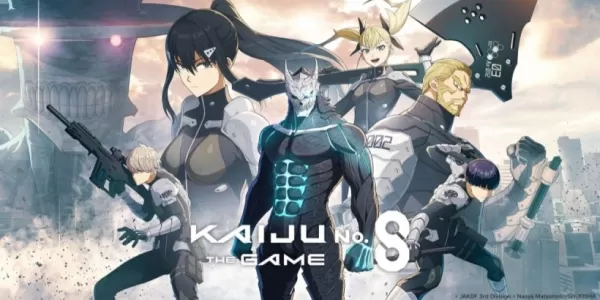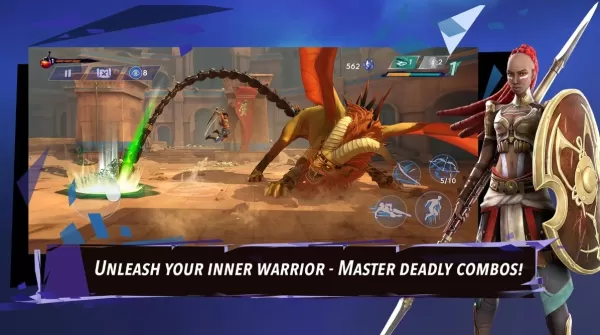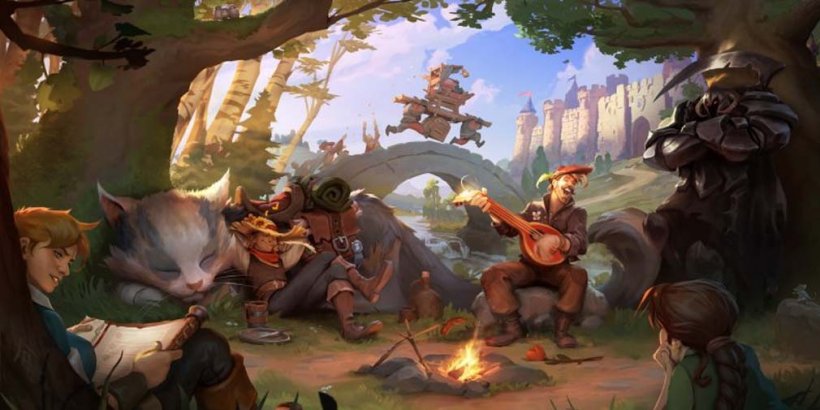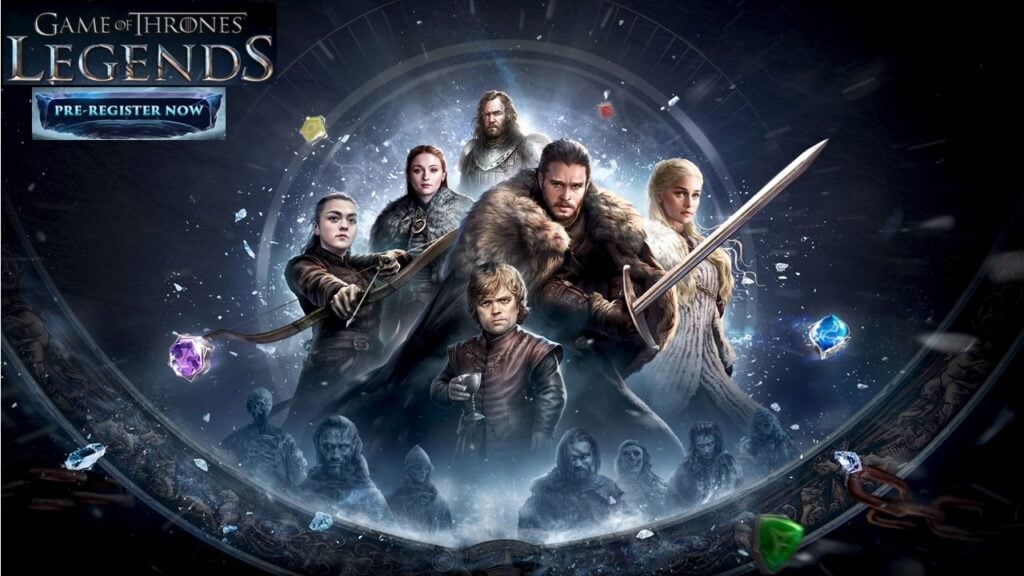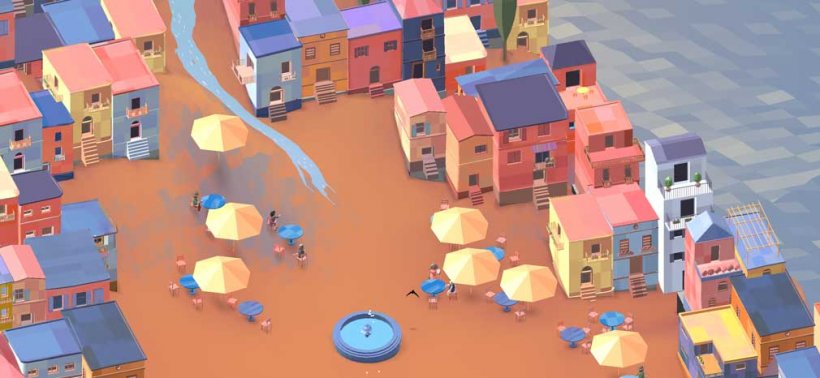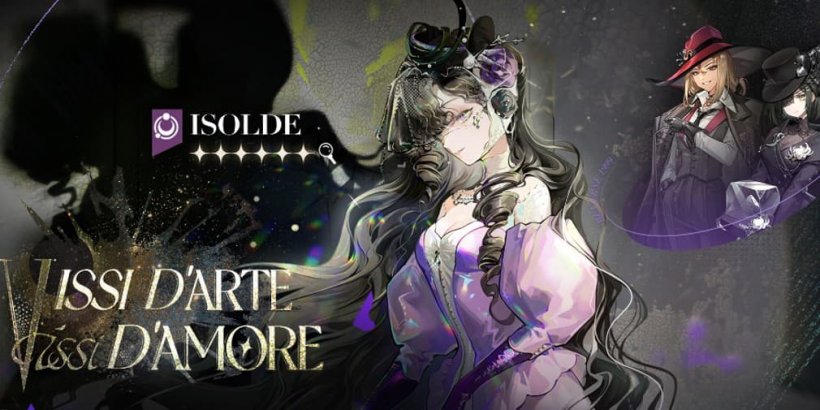Yoko Taro Hails ICO as Revolutionary Gaming Masterpiece
- By Leo
- May 14,2025
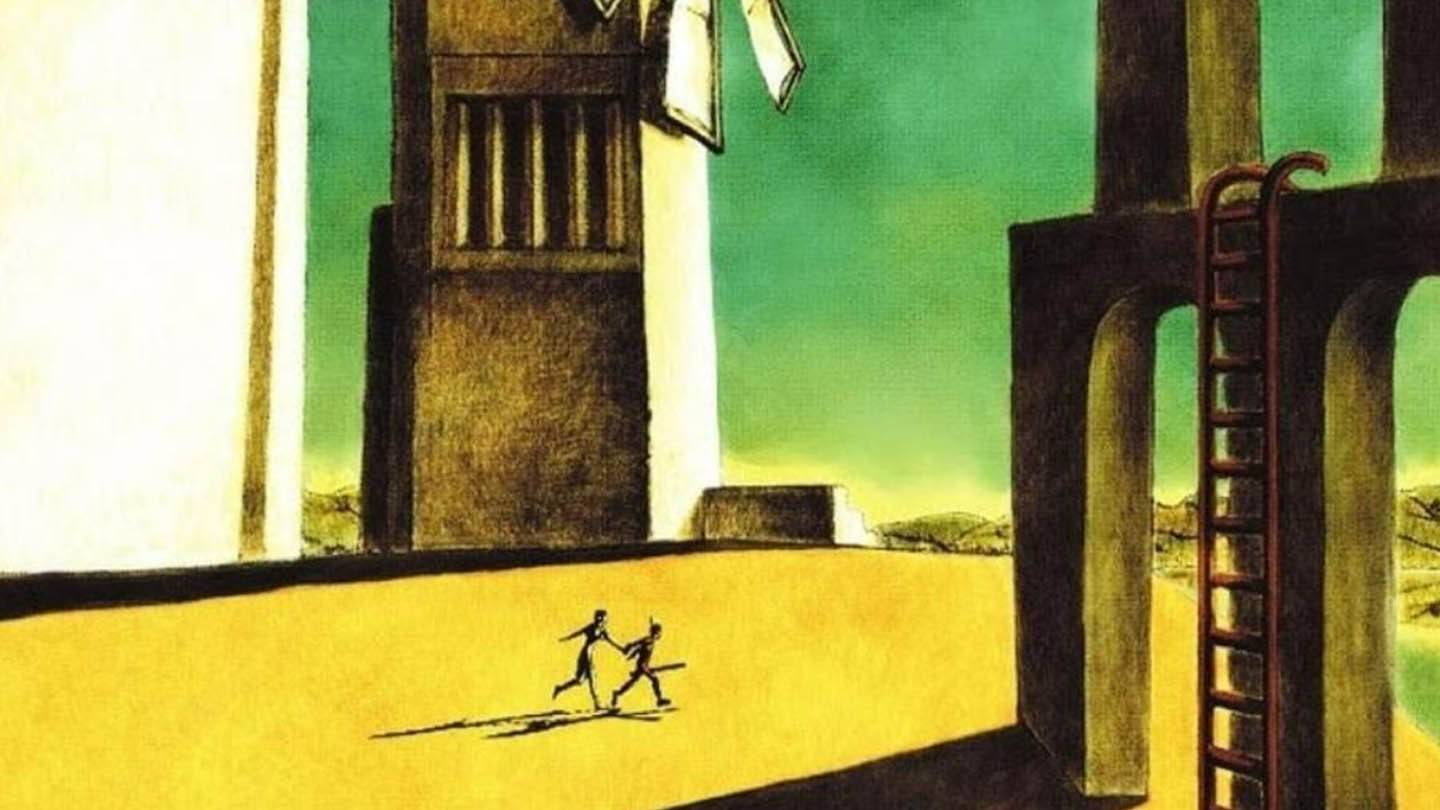
Yoko Taro, the visionary behind acclaimed titles like *NieR: Automata* and *Drakengard*, has publicly acknowledged the profound impact of the game *ICO* on the evolution of video games as a medium for artistic expression. Released in 2001 for the PlayStation 2, *ICO* swiftly garnered a cult following due to its minimalist aesthetics and innovative storytelling that eschewed dialogue.
Taro emphasized the revolutionary nature of *ICO*'s core mechanic, where players guide the character Yorda by holding her hand. He pointed out that if the game had instead required players to carry a suitcase as large as a person, it would have been a frustrating experience. This unique approach to gameplay challenged conventional interactivity norms, marking a significant shift in how games could engage players emotionally and thematically.
At the time of its release, successful game design was often measured by its ability to remain engaging even when stripped down to basic elements like cubes. *ICO*, however, broke this mold by prioritizing emotional depth and narrative over pure mechanical innovation. Taro believes the game demonstrated that art and storytelling could transcend their traditional roles as mere enhancements to gameplay, instead becoming essential elements of the player's experience.
Labeling *ICO* as "epoch-making," Taro credits it with fundamentally altering the direction of game development. He applauds the game for showing that video games can convey deep meaning through nuanced interactions and atmospheric design.
Beyond *ICO*, Taro also highlighted two other games that significantly influenced both him and the gaming industry: *Undertale* by Toby Fox and *LIMBO* by Playdead. He argues that these titles expanded the scope of what interactive media could express, reinforcing the potential of video games to offer profound emotional and intellectual experiences.
For enthusiasts of Yoko Taro's creations, his appreciation for these games provides a window into the inspirations fueling his own work. It also highlights the continuous growth of video games as a dynamic and expressive art form.


